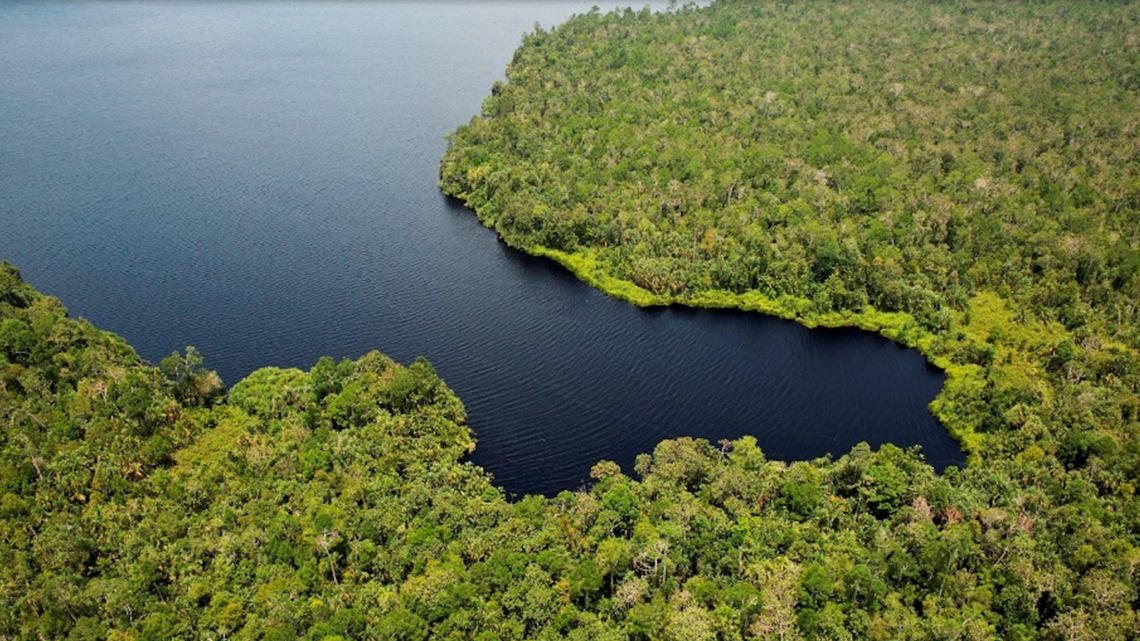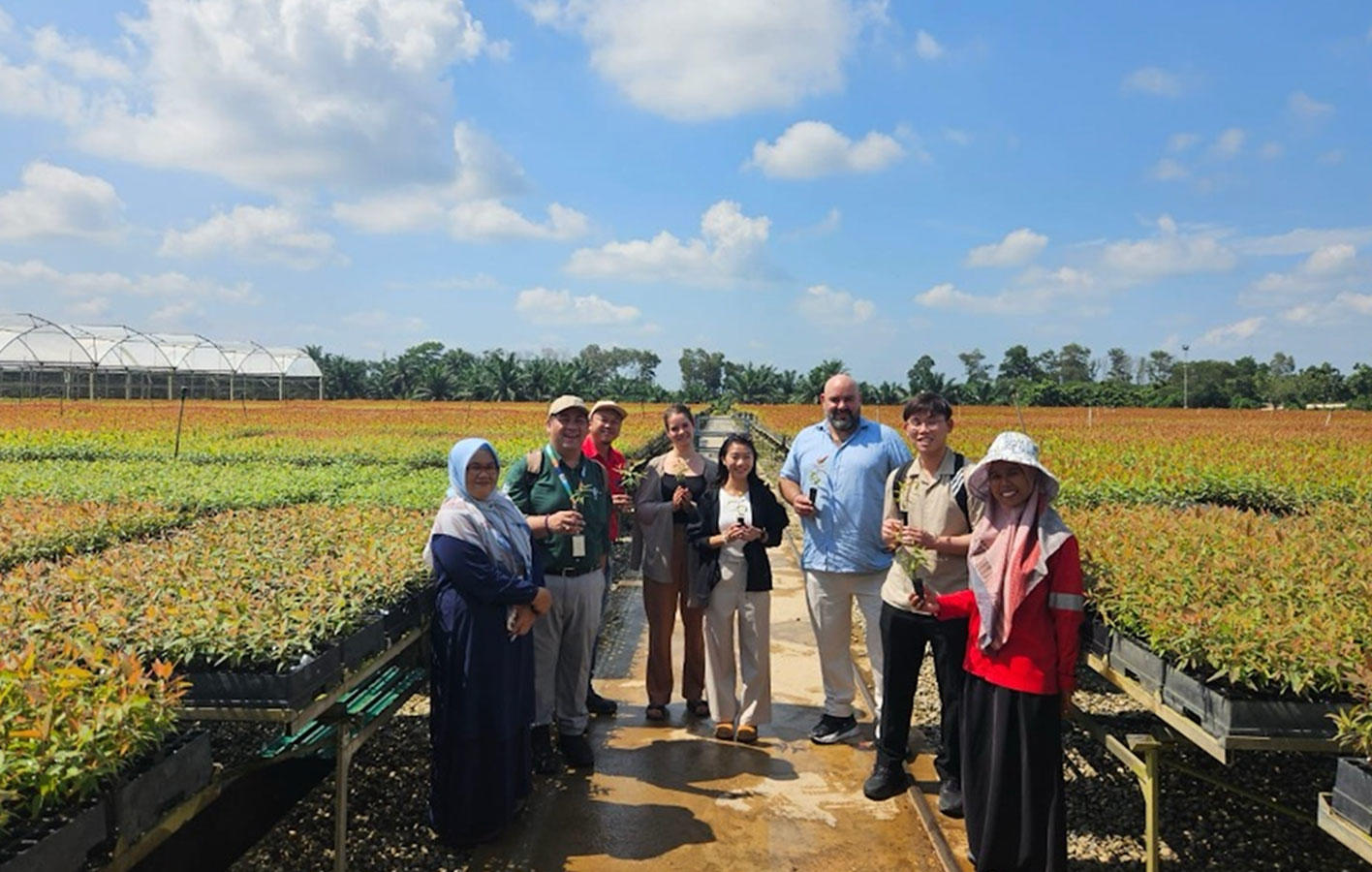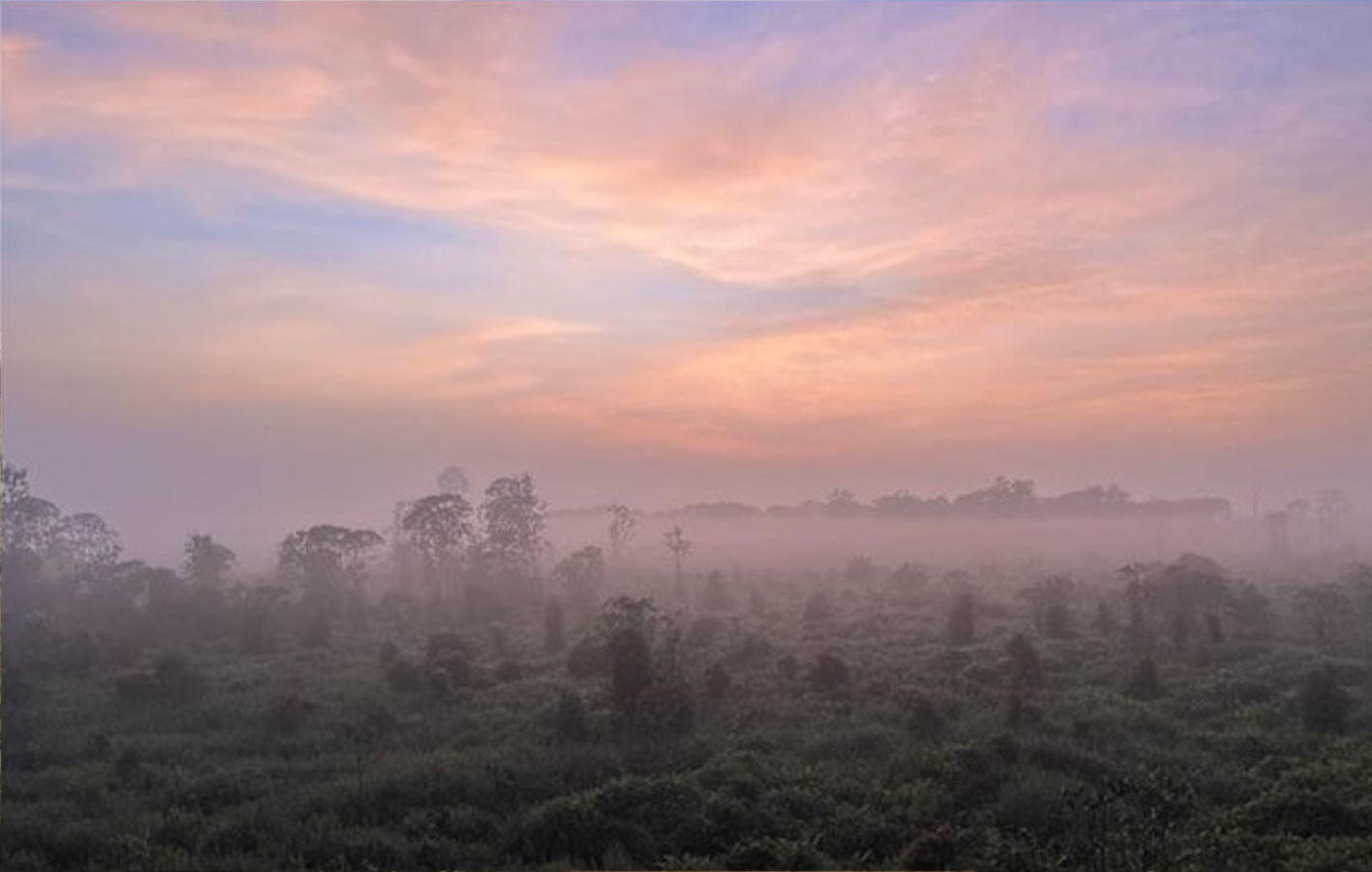In the heart of Southeast Asia, Indonesia is gearing up to become the world's fourth-largest economy[1] by 2045. The nation's growth story is fueled by a burgeoning population, rising middle class[2], and continued economic growth. However, Indonesia faces a crucial challenge: how to harmonize its economic ambitions with its commitment to combat climate change, and ensure long-term sustainable growth.
The Indonesian government has set its sights on achieving net-zero emissions by 2060, with an interim target of reaching net-zero emissions in Forestry and Other Land Use by 2030. Encouragingly, the country's land use policies have begun yielding results, notably marked by a significant reduction in deforestation[3]. But the path ahead requires a delicate balancing act, aligning efforts to reduce greenhouse gas emissions, protect and restore nature, and sustain economic growth.
One vital piece of this puzzle is the role of the private sector. With their financial resources, industry knowledge, agility and speed in spearheading grassroots initiatives, they play a pivotal role in driving Indonesia's sustainability agenda. In July, I visited APRIL Group's Kerinci operations in Riau and witnessed firsthand the capabilities of private sector players and their approach to managing their environmental impact.
Optimizing Systems at Scale
What struck me most was the sheer scale of their operations. APRIL Group manages an astounding 1 million hectares of concession land in Riau, with around 450,000 hectares dedicated to plantations for pulp and paper production—more than twice the size of Tokyo. In addition, APRIL Group nurtures more than 200 million seedlings in its nursery every year, which are then planted within the plantations. Each tree undergoes meticulous care, from tissue culture propagation to daily monitoring of root formation and stem growth.
As part of Indonesia's net-zero goals, the country is gradually phasing out coal use and APRIL Group's operations in Riau are spearheading this shift toward more renewable energy sources. To support its climate goals, APRIL Group is optimizing its energy efficiency by replacing fossil fuels with renewable and cleaner sources such as solar energy. By 2030, the company has set an ambition to install 50 MW of solar energy; and has started transitioning to electric vehicles, with 10 electric buses already deployed for employee transportation.
As part of its 2030 sustainability targets, which build on the commitments in the company’s Sustainable Forest Management 2.0, APRIL Group is targeting at least 90% of its mill energy to be supplied from renewables and clean energy sources.
What stood out to me during my visit was the incredible commitment to sustainable energy practices. The dedication and resources invested in renewable energy sources were truly impressive and bode well for Indonesia’s climate ambitions.
Restoring Riau’s Ecosystem
Peatlands are nature’s unsung heroes in removing carbon from the atmosphere, and Indonesia boasts over 24 million hectares[4] of these valuable carbon sinks. Proper management of these peatlands is important, yet a recent study showed that less than 16%[5] of Indonesia’s peatlands are protected, indicating a pressing need for increased efforts.
However, restoring peatland is not without its challenges. It is a complex and costly endeavor that requires careful planning and execution. Even so, success is often contingent on variables such as weather conditions, the threat of pests and invasive species, and the sustained maintenance of the restored areas. A visit to APRIL Group's Restorasi Ekosistem Riau (RER) forest restoration concession area revealed the enormity of the challenge, especially given the lush, often inaccessible peatlands. One of their biggest challenges in restoring the forests involves sequencing plant growth, and cutting back the species that are preventing growth, thus allowing more space for the larger trees. The RER is a key element of APRIL’s 1-for-1 commitment, through which it aims to conserve natural forest areas that are equal in size to its plantation forest areas. Currently, the company is 80% of the way to achieving this goal.
During my visit, it became clear to me that science plays a crucial role in understanding peatland emissions, and APRIL Group is actively involved in primary research in this area to understand the actual emissions exchange between managed, conserved and degraded peatlands. They have invested in GHG emission studies with partners such as the NUS Centre for Nature-based Climate Solutions in Singapore, to drive tech innovations that will enhance the credibility of nature-based climate solutions.
In addition, their investments in an Eco Research Camp which includes a dedicated Peat Lab research facility, located close to the RER area, helps attracts global scientific talent and knowledge partners for research into sensitive peatland forest landscapes and protection of biodiversity.
Embedding Support for Local Communities
While the natural environment is core to APRIL Group’s business operations, we cannot overlook its importance to the local communities within the area. Through APRIL Group’s initiatives like the Fire Free Village Program (FFVP), they have seen a 90% reduction in fire damage in communities that are part of the program since it was launched in 2015. Moreover, programs focused on rural women empowerment and support for local farmers and micro, small, and medium enterprises (MSMEs) have created thousands of jobs and improved livelihoods for many.
My visit to Riau left me with several lasting impressions. The scale of land managed and protected by APRIL Group and their ability to optimize systems for productive use is impressive. However, what I will remember most is the vital role of communities in protecting their forests. APRIL Group has demonstrated that fostering a sense of ownership and providing economic incentives to local communities is essential for effective forest conservation.
In conclusion, the private sector has a pivotal role in Indonesia's journey towards net-zero emissions and sustainable development, and APRIL Group’s experience holds many lessons for the industry. The World Business Council for Sustainable Development (WBCSD) is committed to supporting our member companies in bridging the gap for sustainability. As we continue our collaborative efforts, we look forward to witnessing Indonesia's progress as it navigates the intricate path of balancing economic growth with climate responsibility.
[1] Indonesia Will be World’s 4th Largest Economy by 2045, President Jokowi Says
[2] Indonesia Regains Upper-Middle Income Rank on Growth Rebound
[3] (World Bank) Indonesia Country Climate and Development Report
[4] (UNOPS) restoring Indonesian peatlands, protecting our planet
[5] Peatlands, Indonesia’s carbon trove, are mostly unprotected, study finds




